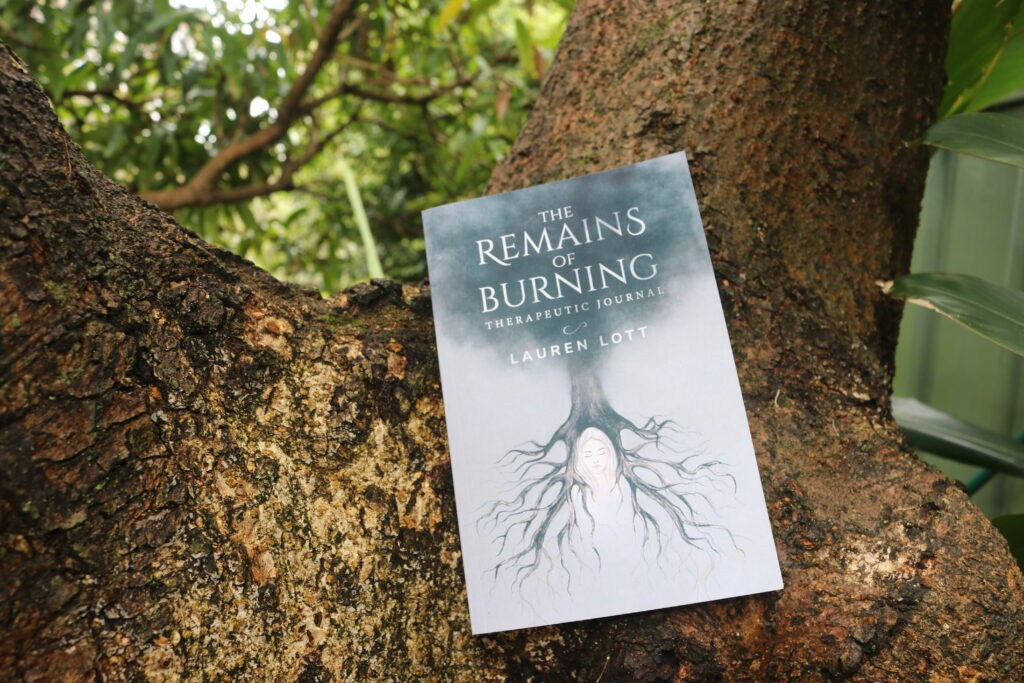As hard as it is to admit it, sometimes words fail.
The inability to effectively communicate the depth of emotion we feel or truly recount what we have been through with its layers of complexity and multiple subplots can be disheartening.
How do we speak of the death of a loved one, the journey of fighting cancer, or the pain of abuse? We find ourselves on an ineffable path, grappling with the challenge of expressing our inner turmoil.
The Weight of what cannot be said:
Unspoken experiences can weigh upon our hearts and minds. It’s not that we lack the desire to talk (although at times, talking may be undesirable), but rather the challenge of expressing the inner turmoil we face. Speaking about our struggles can sometimes heighten stress, anxiety, and a feeling of isolation. There is a fear of being misunderstood, particularly when we ourselves are unsure of how we feel.
The Limitations of Language:
Often what we have been through defies easy categorization in which words can encapsulate. The nuanced and intricate nature of our internal struggles hinder effective communication. Words prove to be too weak, shallow and inexact.
For me, experiencing this conundrum (not having the words) was extremely perplexing. Words are boxes, with neat bows. Words are anchors and ladders and doors. Without them there is no way to organise my thoughts, no way to get from a to b, no way to release the myriad of things that crowd my mind.
Consequently, I developed an intense thirst for them—an insatiable desire for poetry, analogy, and metaphor. I wanted to unearth a means of expressing the seemingly inexpressible.
Exploring Expression:
Led by my inner turmoil I took up pen and paper like my life depended on it (because actually to me it felt like it did.) Instead of trying to find the right words (because I came to the conclusion that it was in fact impossible) I settled for first noting down the story as I experienced it. I then played with different points of view. I asked myself, ‘how would someone who understood exactly what I experienced and how I felt about it tell the story?’
This practice allowed me to gather the intricate details—those seemingly insignificant wounds that intertwined with larger pains—that hindered my self-expression. Throughout several years, I filled numerous pages, slowly uncovering the sources of my anguish and uncovering the words that came closest to conveying my unique journey.
This practice, although sometimes disordered and chaotic, is called restorative writing or journal therapy.
Embracing the Mystery and Complexity:
Despite finding therapeutic relief through journaling, there are certain facets of my distress that elude precise articulation, and they may continue to do so indefinitely. This
This is both a humbling and liberating realisation that enables me to accept the limitations of language, while simultaneously granting me the freedom to embrace the indescribable nature of my experiences.
Mystery is often overlooked. However it allows us to cultivate a humble recognition of our limited knowledge, and to remain open to the vast possibilities that lie beyond what we understand. It is through embracing mystery that I am able to release myself from the unending quest of finding the right words.
If you can relate to the struggle of being unable to articulate inner turmoil, know you’re not alone. Acknowledging the weight of unspoken emotions and the limitations of language is a good place to start.
After that, you may find it helpful to bravely pick up a pen and write your own story over and over until you feel some kind of release and an ability to embrace the mystery and complexity of what you are experiencing.
For those who feel they may benefit from some assistance, a writing tool to help process pain and loss, you can grab ‘The Remains of Burning Therapeutic Journal’ here. It includes a series of reflective writing prompts to help readers navigate suffering. The prompts within firstly focus on expressing painful emotion (finding the words) and slowly nudge the reader towards new hope.
Well wishes to you my friend as you go where no one has gone before – into the depths of who you are.

